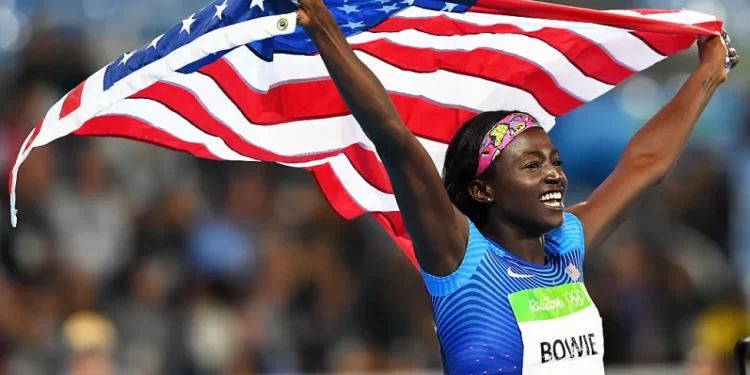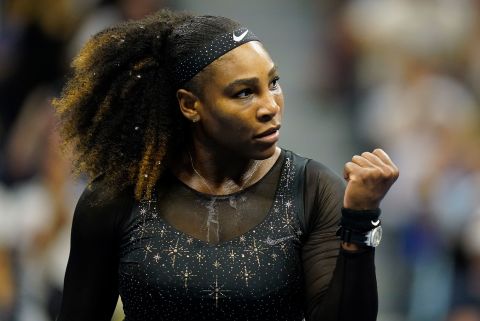By: Zachary Draves
With so many politicians and political commentators hysterically fixated on the supposed threat that transgender women and girls pose to women’s sports, which they don’t, they never seem to put that energy towards actual threats to women’s sports, let alone support women’s sports.
They are either mute or they belittle anyone who talks about equal pay, insufficient resources, lack of female coaches, and sexual violence. Additionally, they mock the WNBA, NWSL, or any other women’s professional league or governing body as if they are some kind of charity case.
Now with the death of track star Tori Bowie the chances of them raising alarms are very much slim to none. Why? It maybe because she was a black woman who has sadly become another statistic of a frightening epidemic that has largely been ignored.
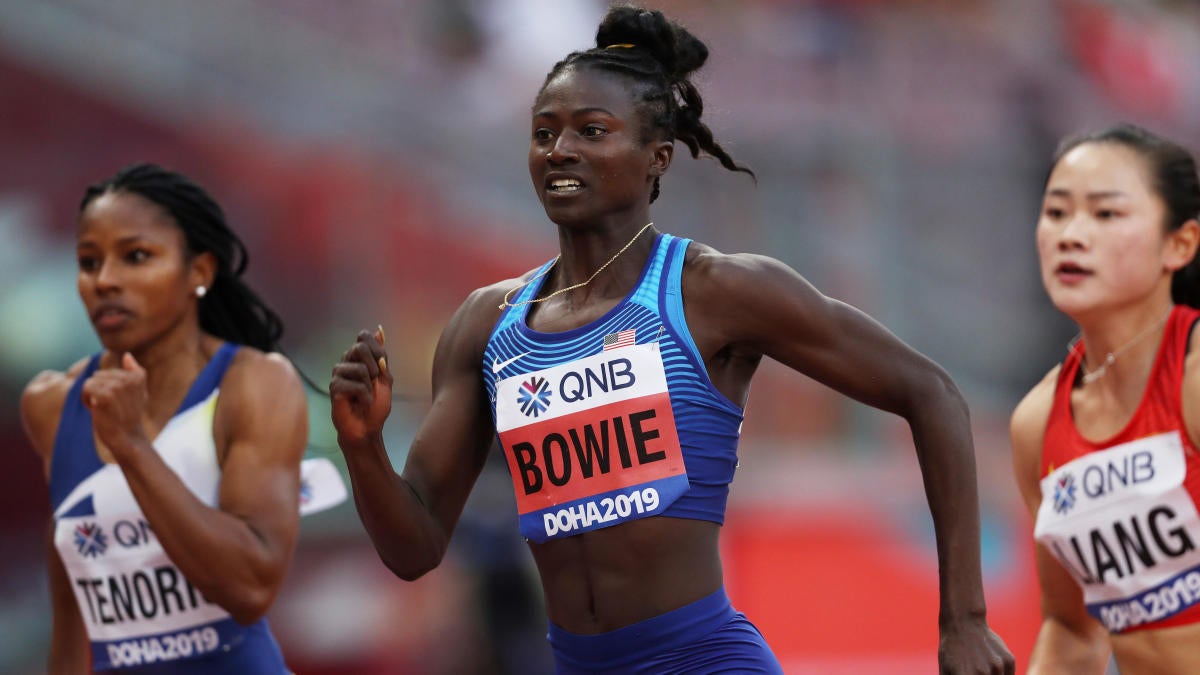
(Courtesy: Patrick Smith/Getty Images)
On Monday, an autopsy revealed that the 32 year old Olympian, who won three medals at the 2016 games in Rio, died on April 23rd due to complications from childbirth. She was found dead in her home in Orlando on May 2. The Orange County Medical Examiner’s Office found that Bowie was eight months pregnant and was going into labor at the time of her untimely passing.
(Courtesy: Damien Meyer/AFP via Getty Images)
After she was reported missing for days, Orange County sherrifs found her body after conducting a welfare check.
This tragedy evokes the urgency to call to attention about the issue of black maternal mortality.
According to the Center for Disease Control (CDC), black women are three times more likely to die from pregnancy related complications than white women. Some of the attributable factors include lack of proper health care, implicit bias in medical settings, and underlying health conditions, which all fit under the umbrella of systemic racism.
In Bowie’s home state of Florida, a 2022 March of Dimes report found that the preterm birth rate for black women was 56% higher than all other groups. The report gave the state a D grade on its preterm birth rate which was 10.9%.
Furthermore, the Florida Department of Health has documented a rapid increase in both maternal mortality and maternal morbidity going back to 2018. Black women were found to have died at a rate three to four times higher than white women.
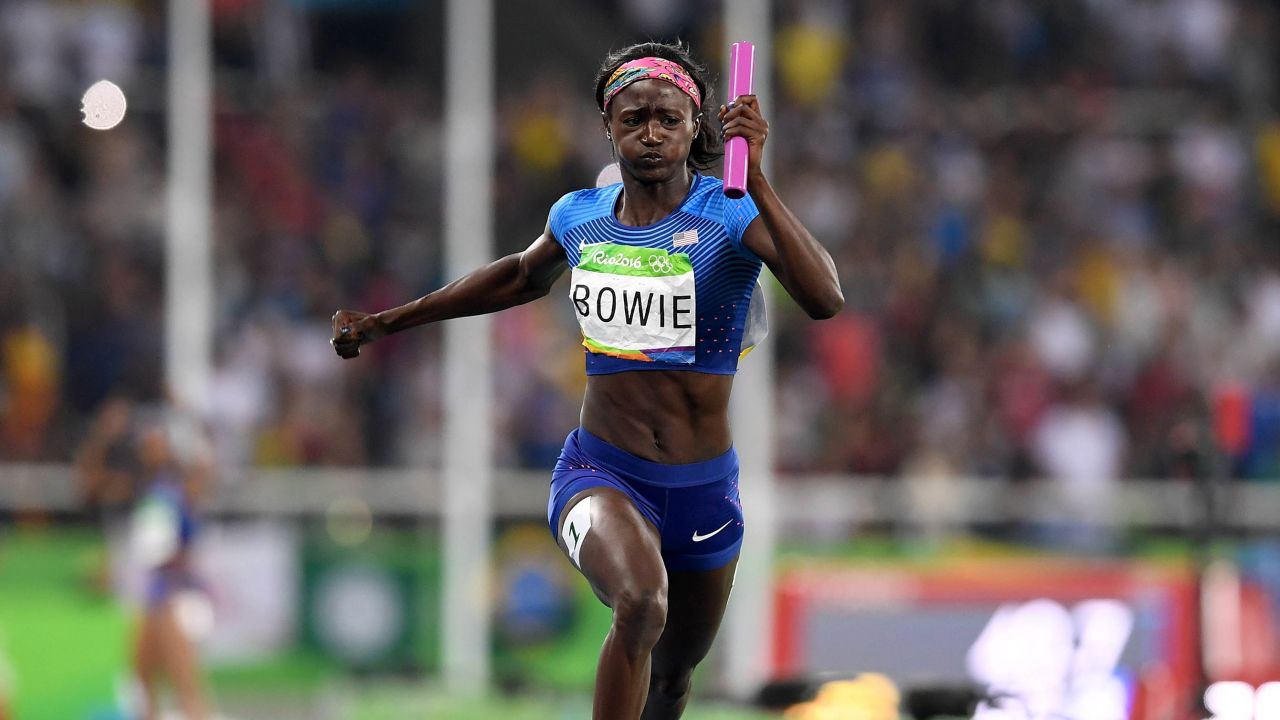
(Courtesy: Quinn Rooney/Getty Images)
These numbers alone are shocking and it is probably safe to say that if it were happening to any other group it would be considered a public health crisis. Luckily, black women and their allies have been beating the drum to drum up action at all levels.
Prominent black women in sports such as Serena Williams and Allyson Felix, a teammate of Bowies’, have been outspoken about their own struggles with childbirth and the racial bias they endured when receiving treatment. Los Angeles Sparks star and WNBPA president Nneka Ogwumike was instrumental in securing vital maternal health benefits such as fertility treatment, surrogacy and adoption options, maternity leave, and providing breastfeeding areas in the league’s historic CBA in 2019.

(Courtesy: AP Photo/Martin Meissner)
This past year, the Howard University Men’s Basketball team dedicated their annual social justice cause to black maternal mortality.
The Connecticut Sun have chosen the organization Bridge to Success, which provides care and assistence for black mothers, to receive proceeds from the WNBA Commissioner’s Cup this year.
Vice President Kamala Harris has been spearheading the Biden’s Administration’s efforts to tackle this issue, which dates back during her time as Senator from California. There is also a Congressional Black Maternal Health Caucus chaired by Congresswomen Lauren Underwood (D IL-14) and Alma Adams (D NC-12).
Advocacy groups such as the Black Mamas Matter Alliance continue to hit the ground running and pushing for change from the bottom up.
The efforts are there, the infrastructure is there, and some action has been taken. But there is certainly much more to do to ensure that Tori Bowie’s life wasn’t in vain and that tragedies like this never happen again.
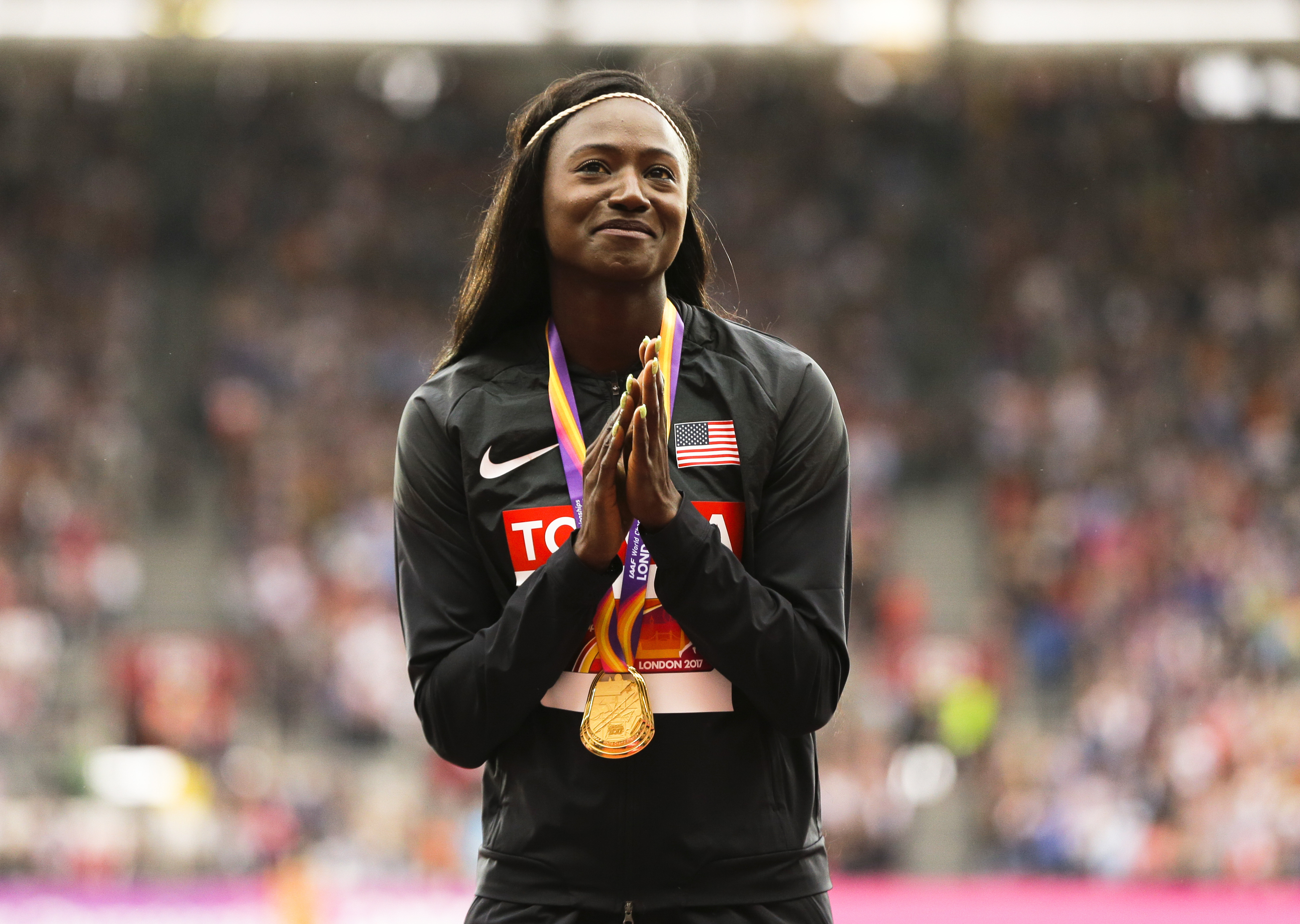
(Courtesy: Alastair Grant/Associated Press)
Black women and women in general in sports deserve the right to compete in health and happiness. They deserve all the culturally relevant services needed to ensure they and their children are safe and healthy.
If they don’t, then there is yet another legitimate threat to women’s sports and I mean legitimate.


 NFL
NFL